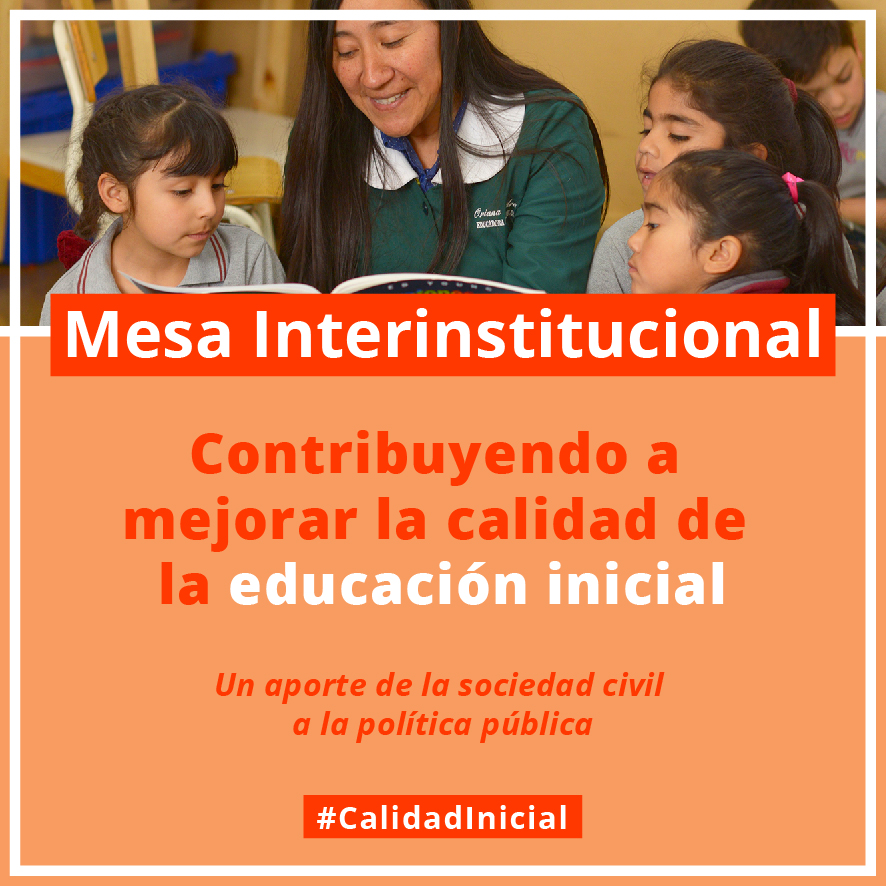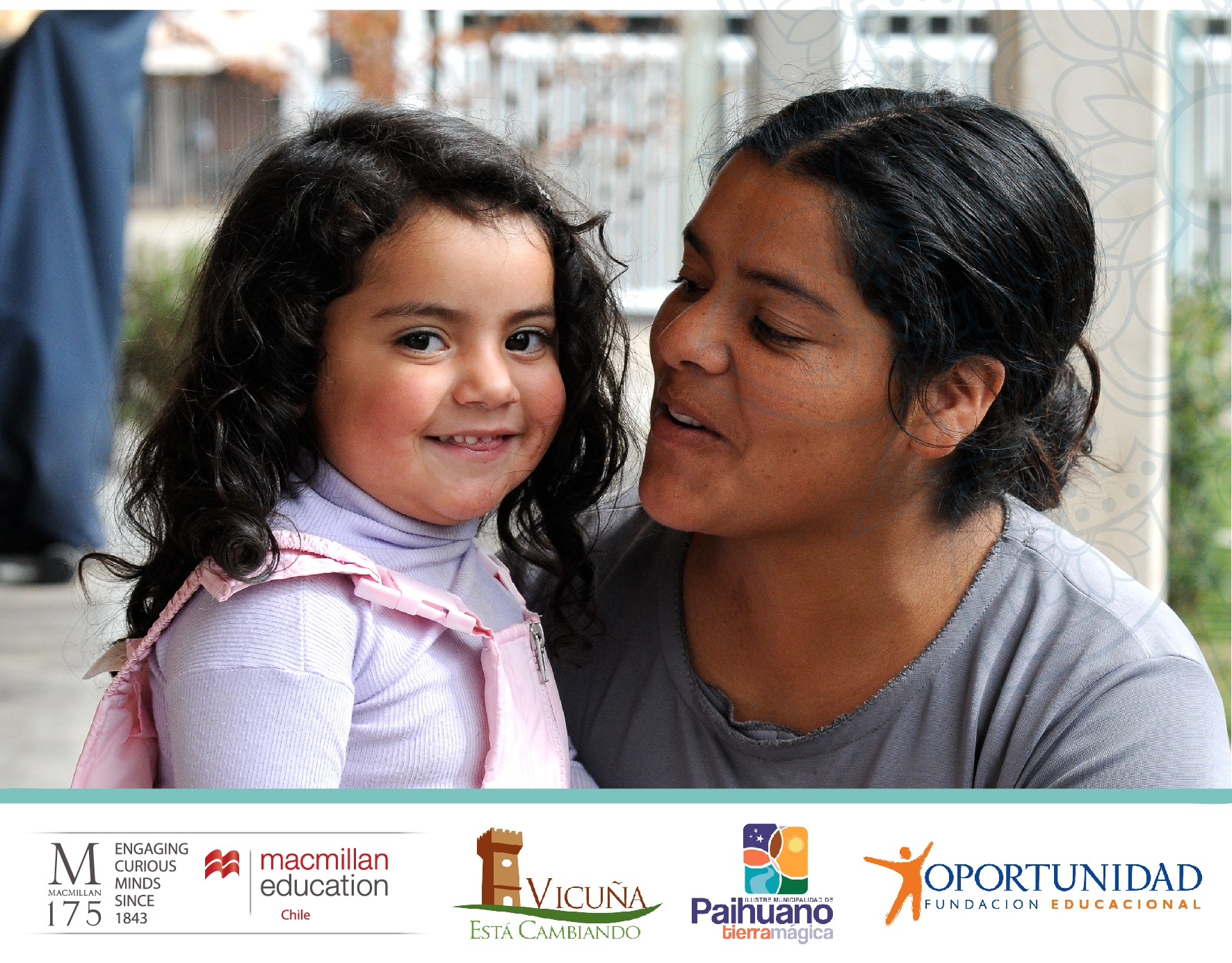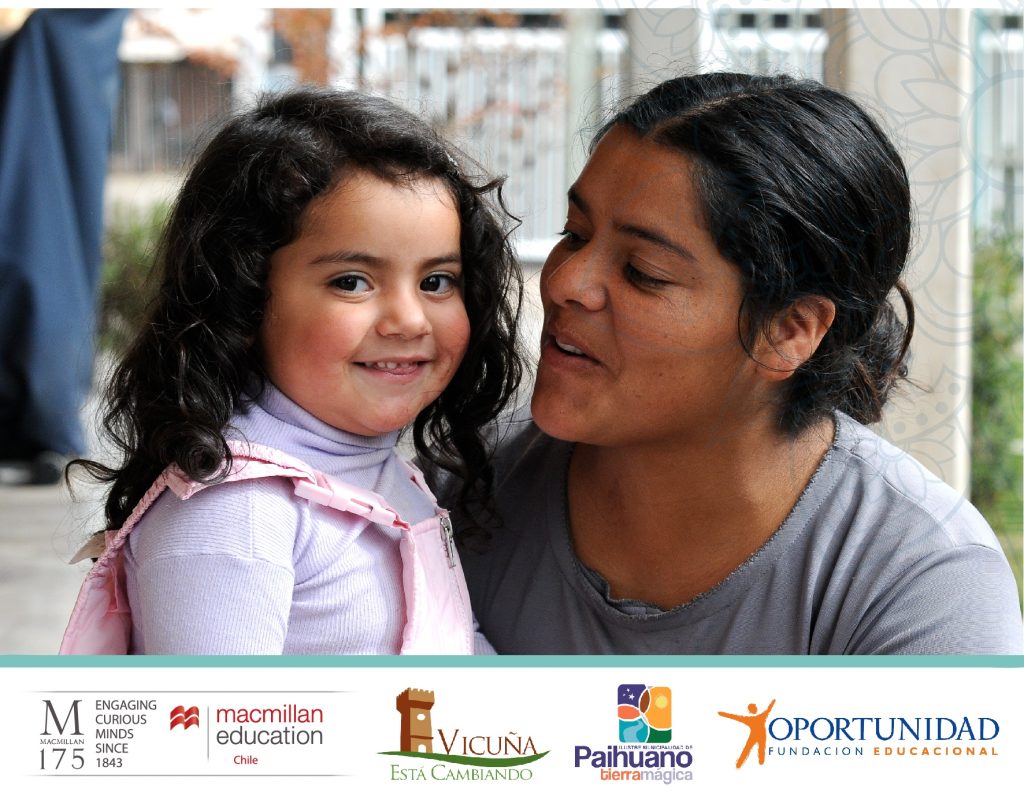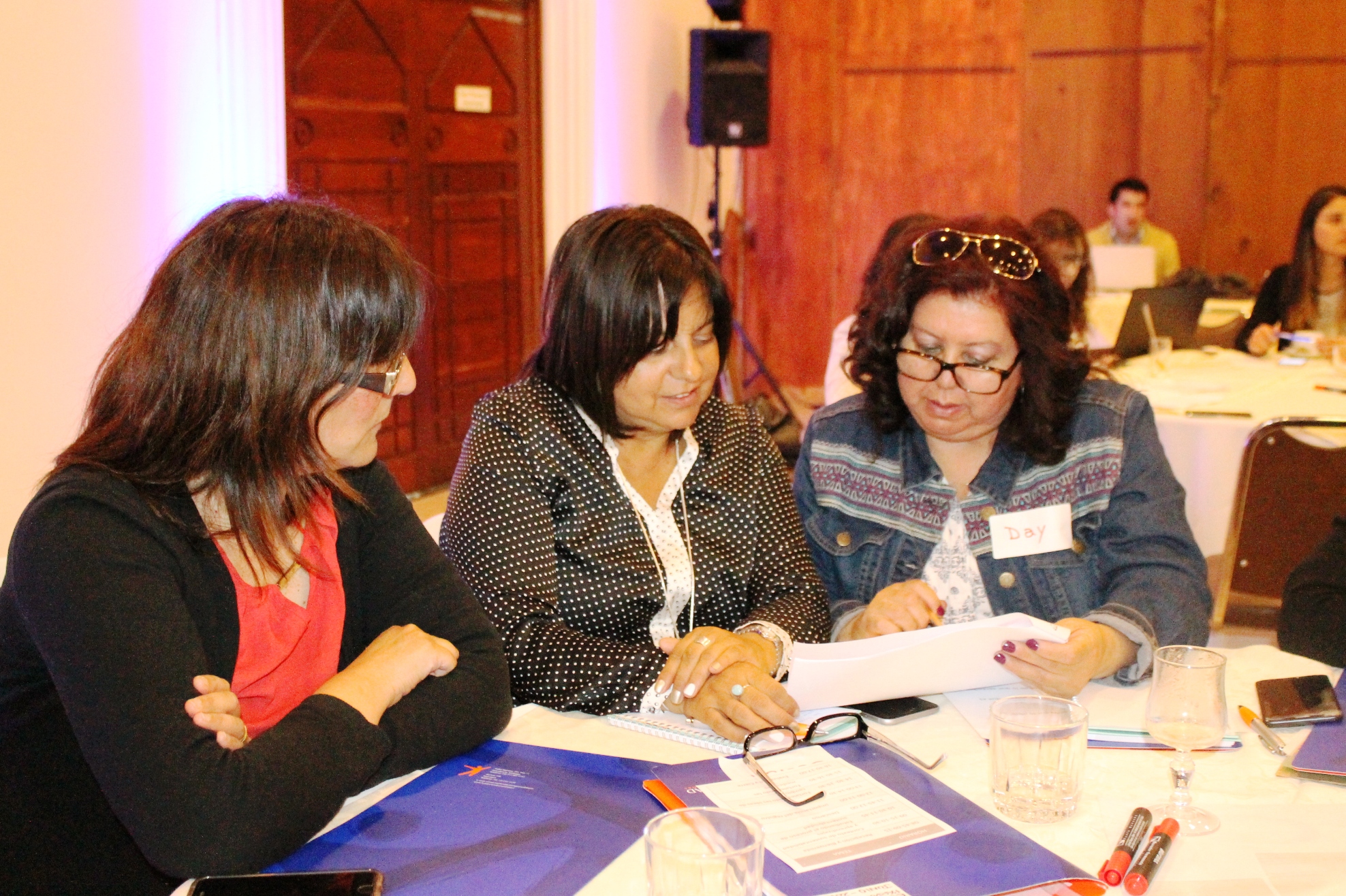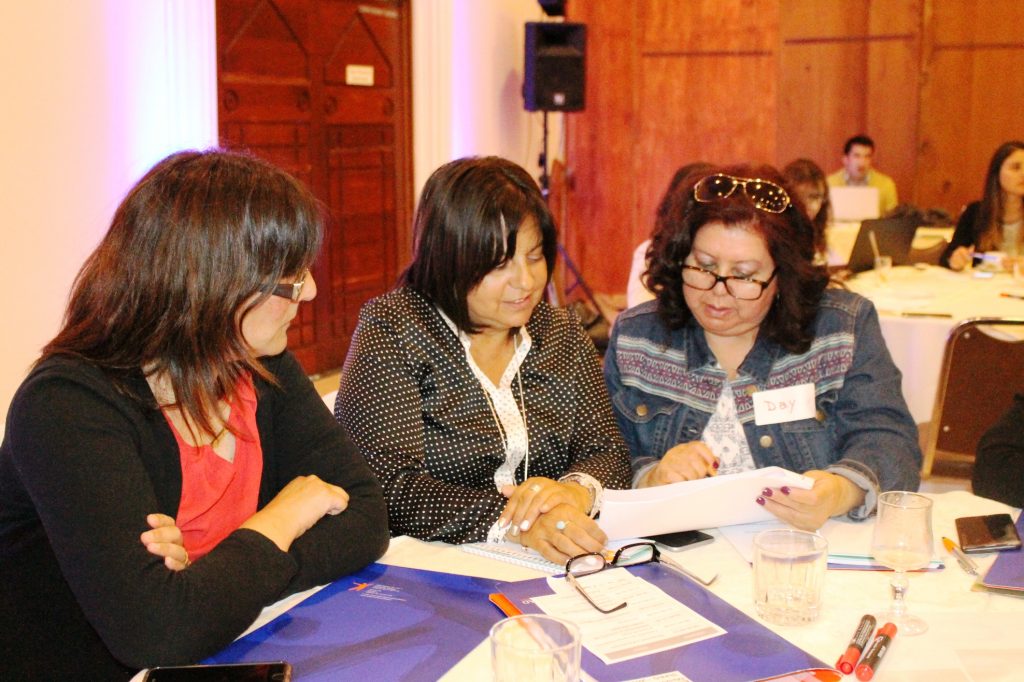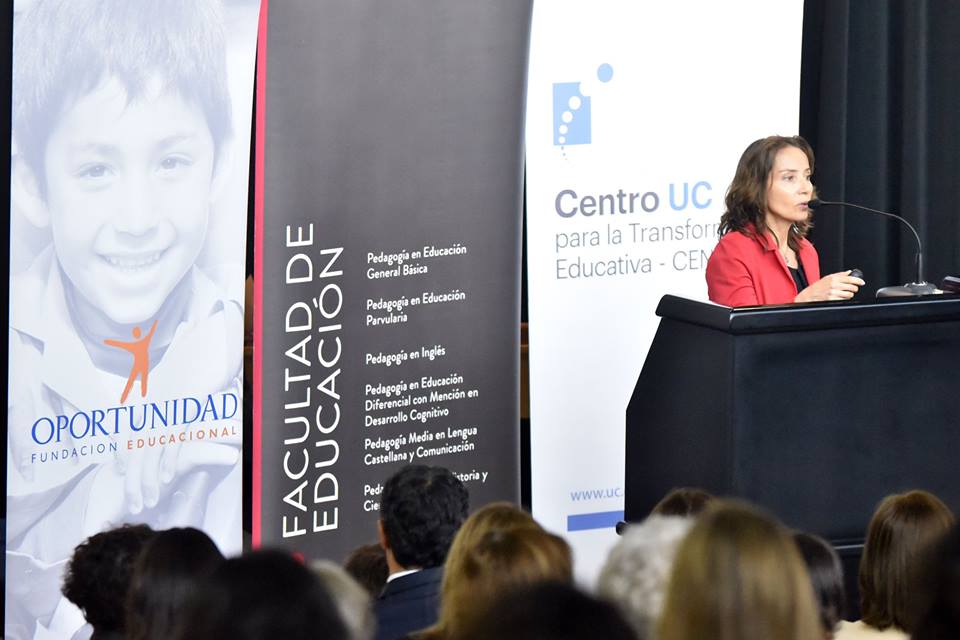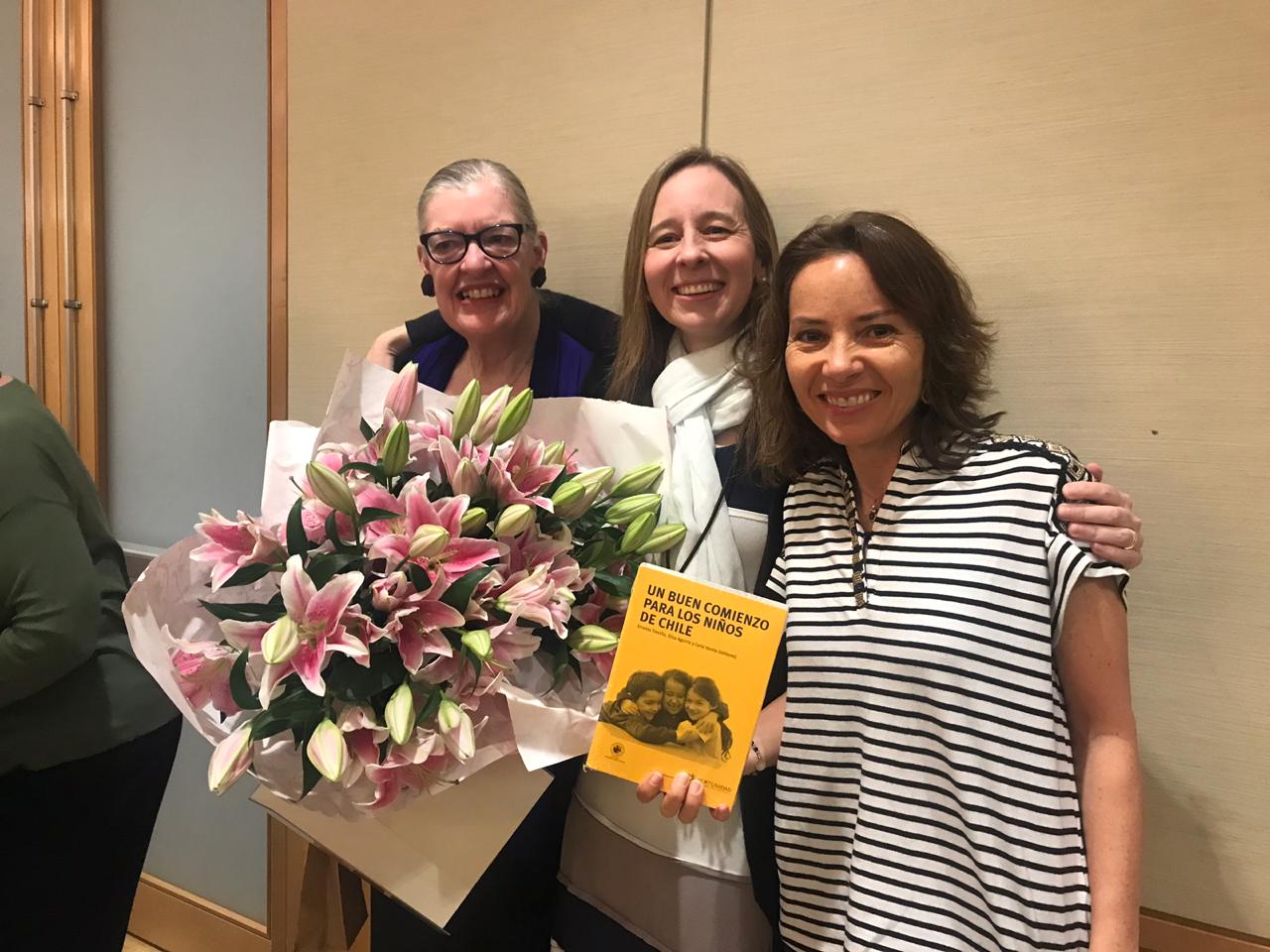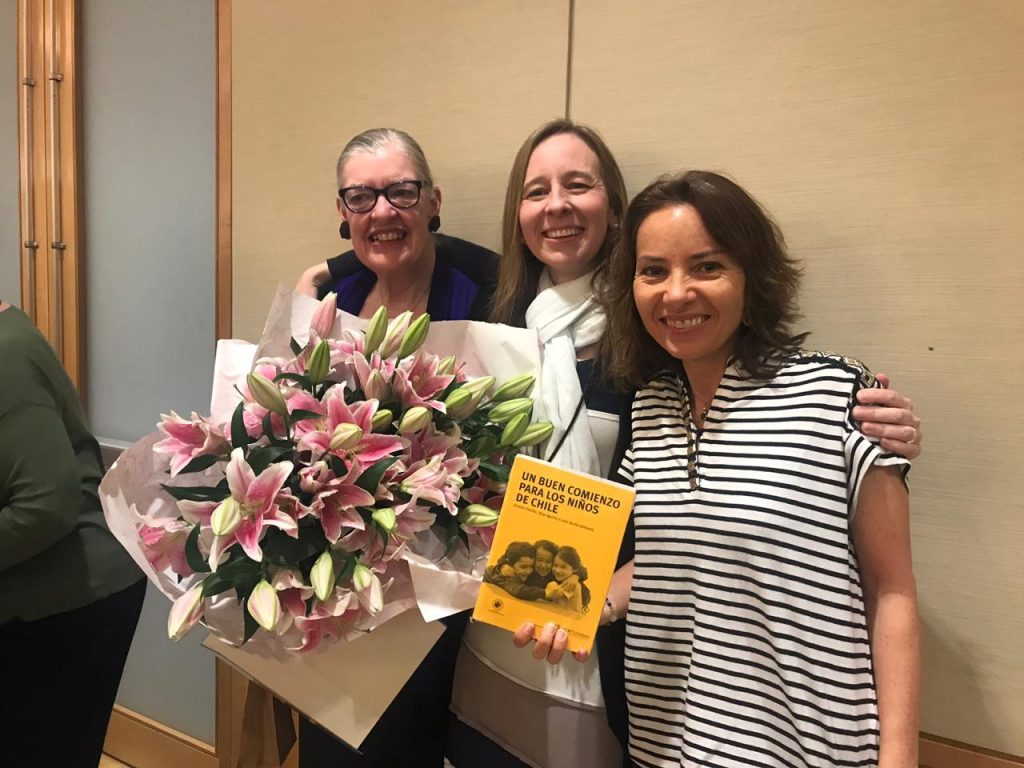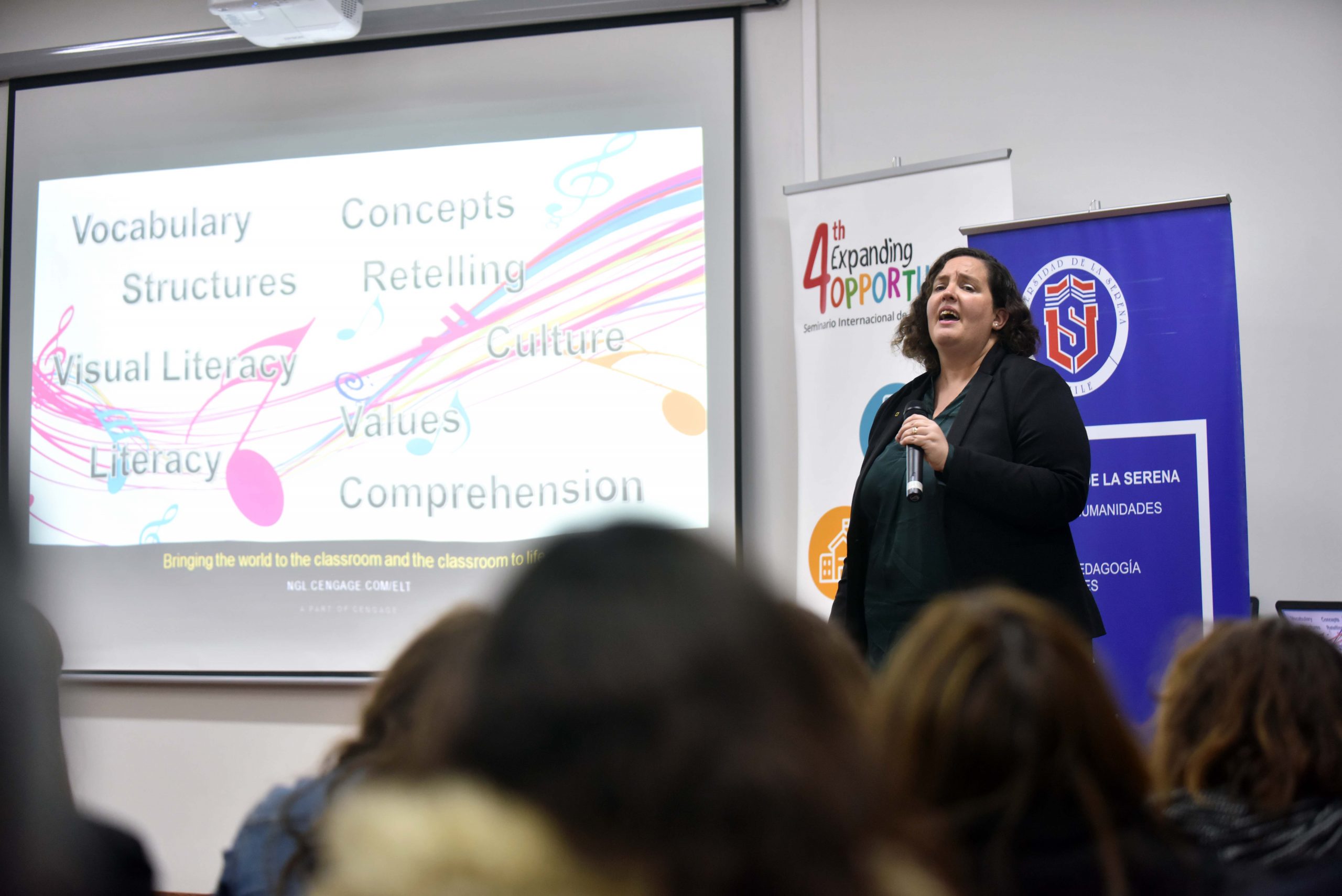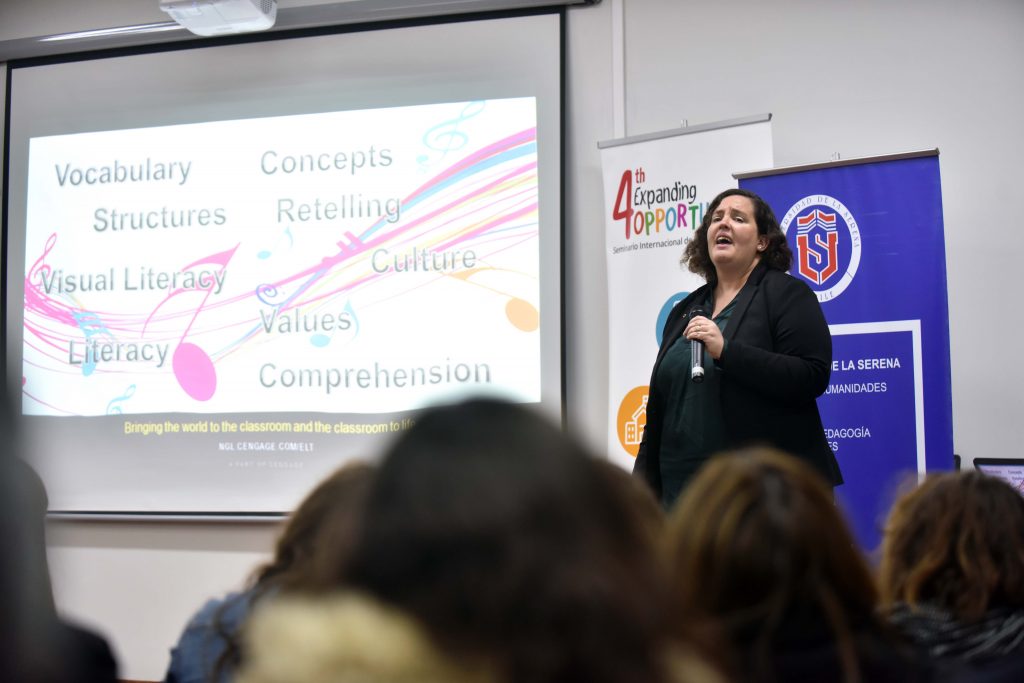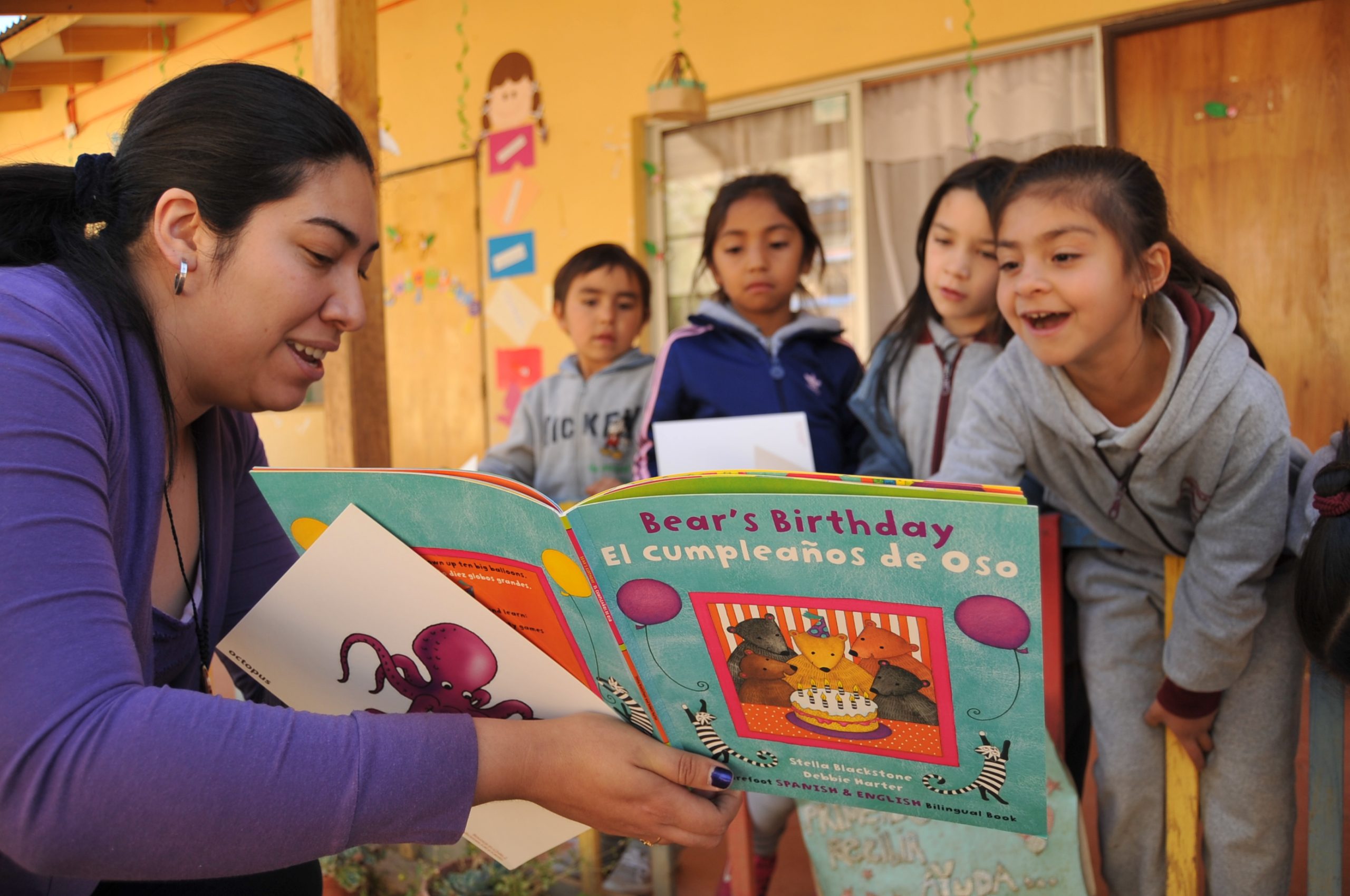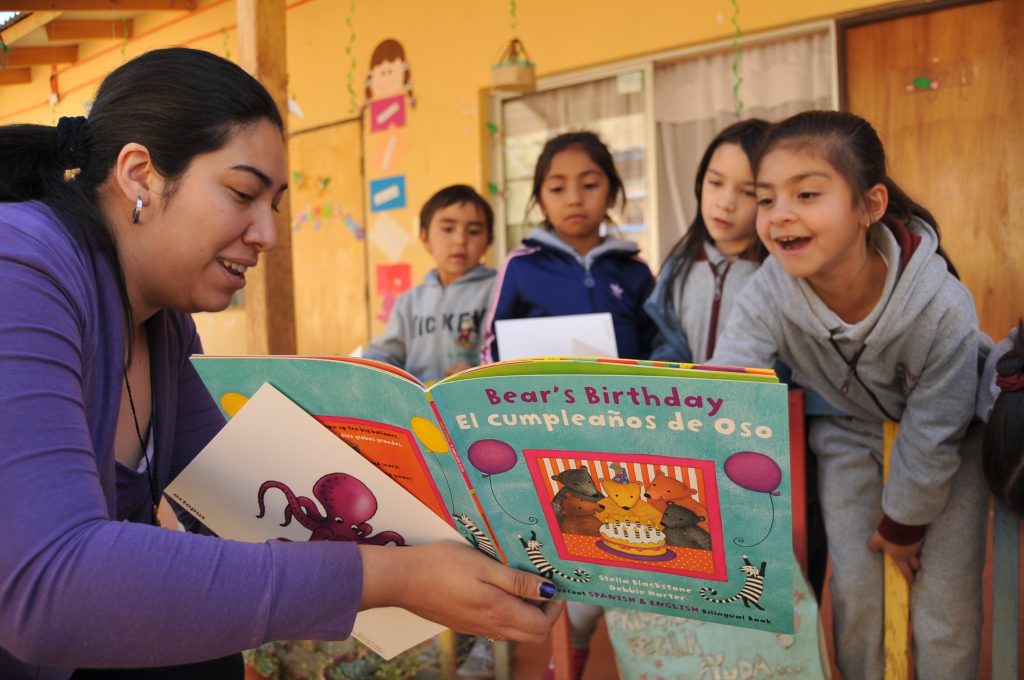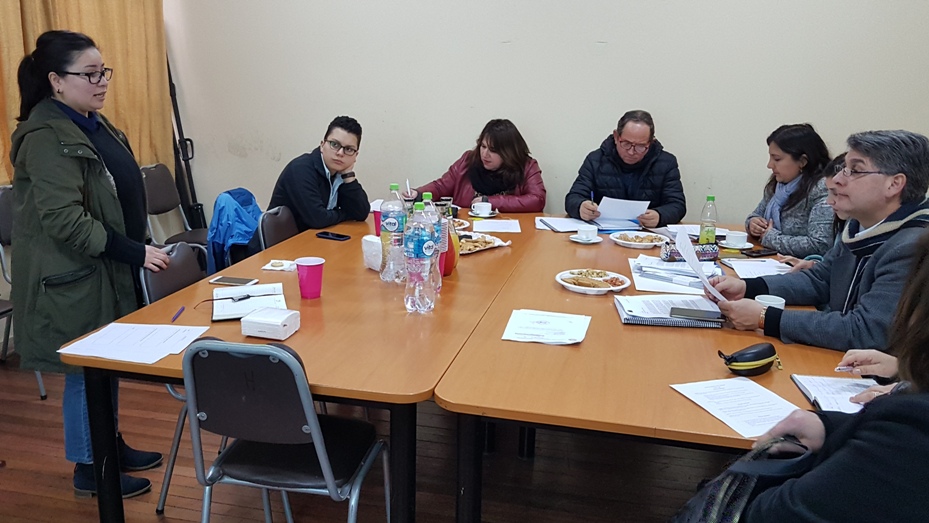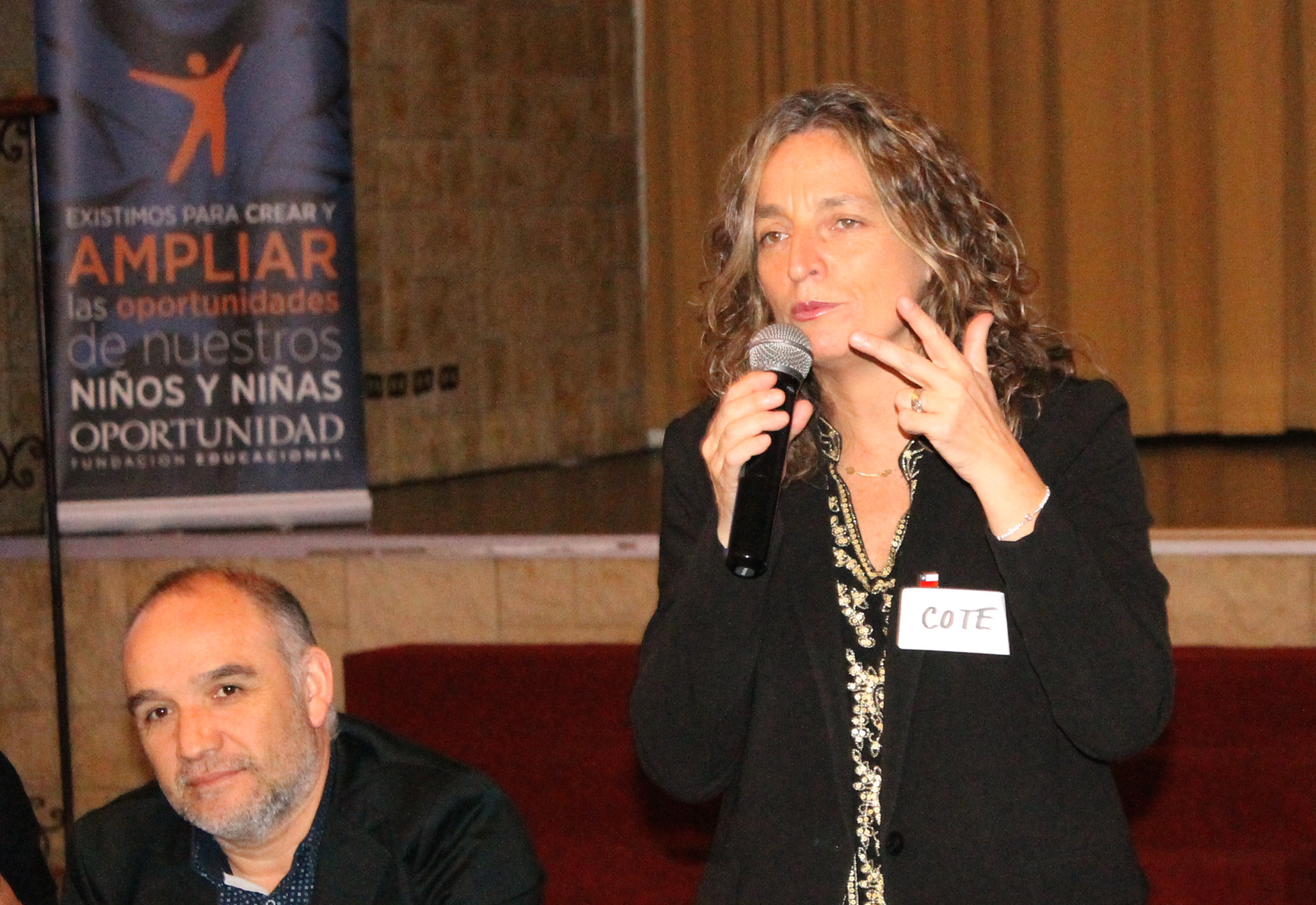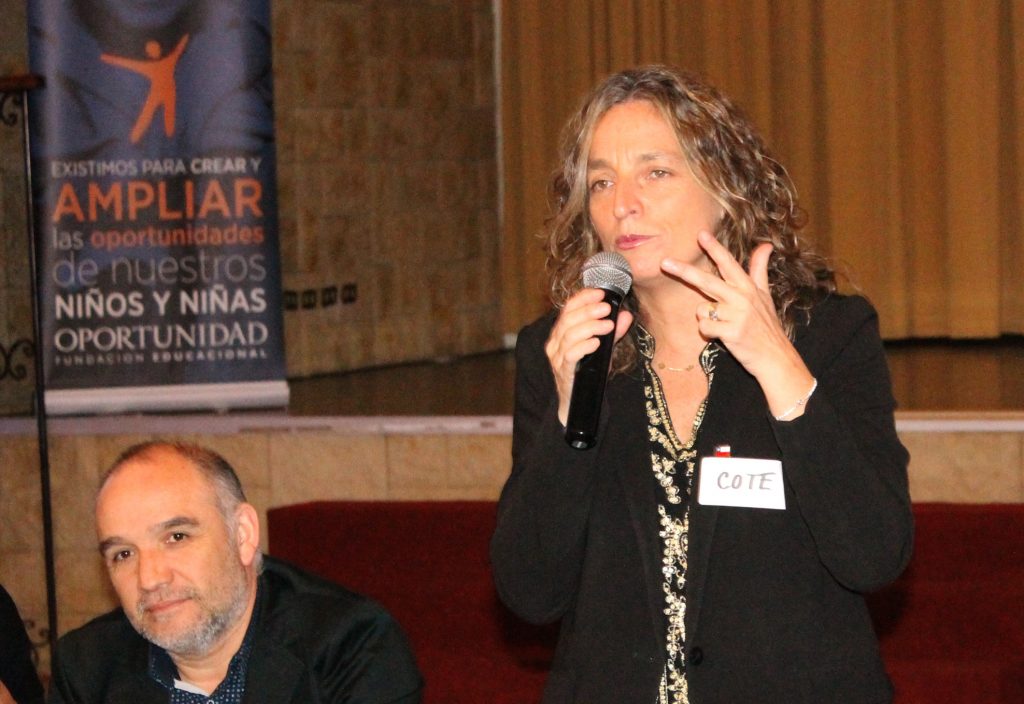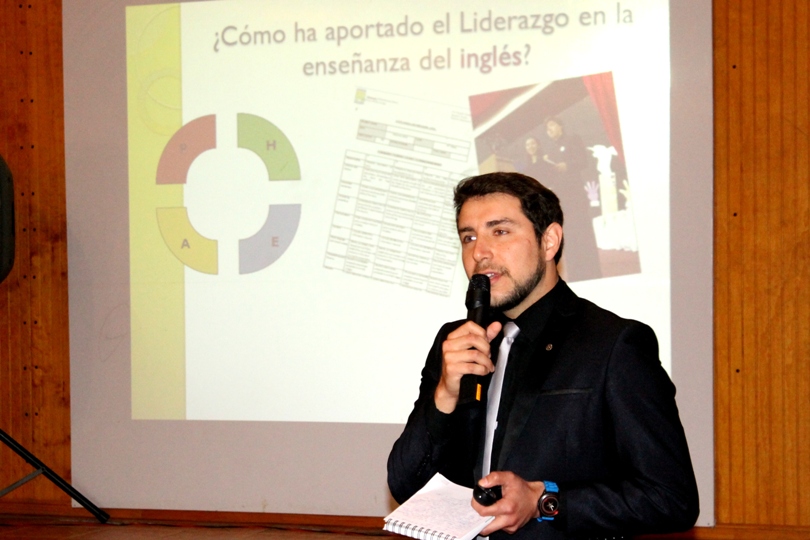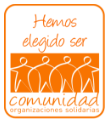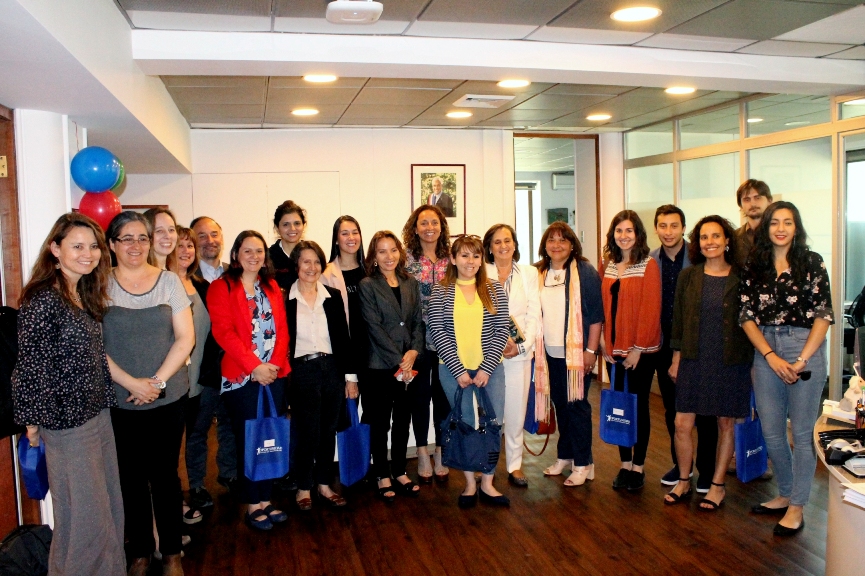
Civil society organisations submit proposals for quality in early childhood education
In a document submitted to the Undersecretary of Early Childhood Education, 24 civil society organisations related to early education and gathered in an Inter-institutional Working Group, seek to contribute with measures aimed at improving the quality of education from 0 to 6 years of age in Chile.

Effective interactions; initial and continuous training of educators and early childhood technicians; pedagogical leadership; family involvement and process evaluation are the five areas in which the Inter-institutional Roundtable on Early Childhood Education submitted proposals and concrete measures to the government to contribute to improving the quality of teaching in early childhood education.
In each of the five areas mentioned, a brief diagnosis and bibliographical discussion is presented, leading to measures that could be implemented, some of them by the Ministry of Education, others by universities, professional institutes and technical training centres, and even by the educational establishments themselves, as appropriate.
The Undersecretary of Early Childhood Education, María José Castro, valued the work of the Inter-institutional Roundtable, noting that "Chile needs this type of work, from civil society, the private sector and the government to improve Chilean education". Regarding the proposals, she commented that "once again the focus is on the quality of kindergarten education, where there is 100% agreement between what the document proposes and what the government is promoting".
The Inter-institutional Working Group was led by Fundación Educacional Oportunidad, which has been successfully implementing early education strategies in Chilean municipal schools for 10 years. Marcela Marzolo, executive director of the Foundation, highlighted the quality of the proposals and the serious work of the roundtable: "the proposals and measures contained in the document were discussed and agreed upon by organisations with extensive experience in education. As a Foundation, we believe that they can be a real contribution to public policies, as they gather the experience of the field together with the evidence - both national and international - about what we should be doing if we really want to provide quality early education that ensures learning and a harmonious and comprehensive development of the children of our country".
Marcela Bertoglio, director of the School of Kindergarten Education at the Universidad Católica del Maule considers that "it was a consensual work, but with different points of view that aim to improve quality and the processes that we know should be implemented in early education". For her part, Marta Edwards, executive director of the Centro de Estudios para el Desarrollo Psicosocial, assures that "the issue of quality within educational spaces is fundamental, as it is what really impacts on children's learning, and feeling that our proposals are aligned with the Undersecretariat indicates that we are moving in the right direction as a country".
A few months ago, the Ministry received the proposals of "The Initial Plan", of which many of the organisations participating in this roundtable were part, and whose focus was on access, quality and institutionality. The document presented this week focuses exclusively on the quality of early education processes. What is understood by quality education, how it is achieved, how it is measured, who are the actors involved, are some of the questions that this document answers with concrete proposals, being a complement and a deepening of what was presented by El Plan Inicial to the Ministry of Education.
The "Mesa Interinstitucional de Calidad de los Procesos en Educación Inicial" had the active participation of 24 civil society organisations: Acción Educar, Centro de Estudios de Desarrollo y Estimulación Psicosocial (CEDEP), Centro de Estudios Montessori, Centro de Estudios Primera Infancia (CEPI), Centro de Justicia Educacional, Comité para la Infancia y la Familia, Corporación Emprender, Desafío Levantemos Chile, Educación 2020, Educa UC, Elige Educar, Fundación CAP, Fundación Chile, Fundación CMPC, Harvard University, Hogar de Cristo, Fundación Aprendiz, World Organization for Early Childhood Education, Pontificia Universidad Católica de Chile, Protectora de la Infancia, Tu Clase Tu País, Universidad Alberto Hurtado, Universidad Católica del Maule and Universidad de las Américas.
THE PROPOSALS
In order to achieve quality interactions, it is proposed to include a specific focus on effective interactions in the Framework for Good Teaching (MBE) for Kindergarten Education and to generate quality in-service training programmes on pedagogical interactions.
In the initial and continuing training of educators and nursery technicians, it is proposed that they respond to the requirements of the establishment and that the institutions that provide the technical career are accredited.
For kindergarten technicians, it is proposed to integrate them into a system that includes guiding standards for technical training and the possibility of professional development within the position with competitive salaries.
It is proposed to diagnose how leadership influences children's learning; to create an early education supplement to the Framework for Good Management and School Leadership (MBDL); for Leadership Centres to train leaders in early education; to establish exclusivity for leadership positions.
Another relevant factor for the roundtable was the participation of families, which is why the creation of learning communities, open days focused on pedagogy and families as facilitators of the learning process are proposed.
Finally, in order to evaluate the quality of processes in early education, the roundtable proposes: to include descriptors of interactions in MBE, an evaluation guideline for expected learning and to consider early education in performance agreements for principals.

